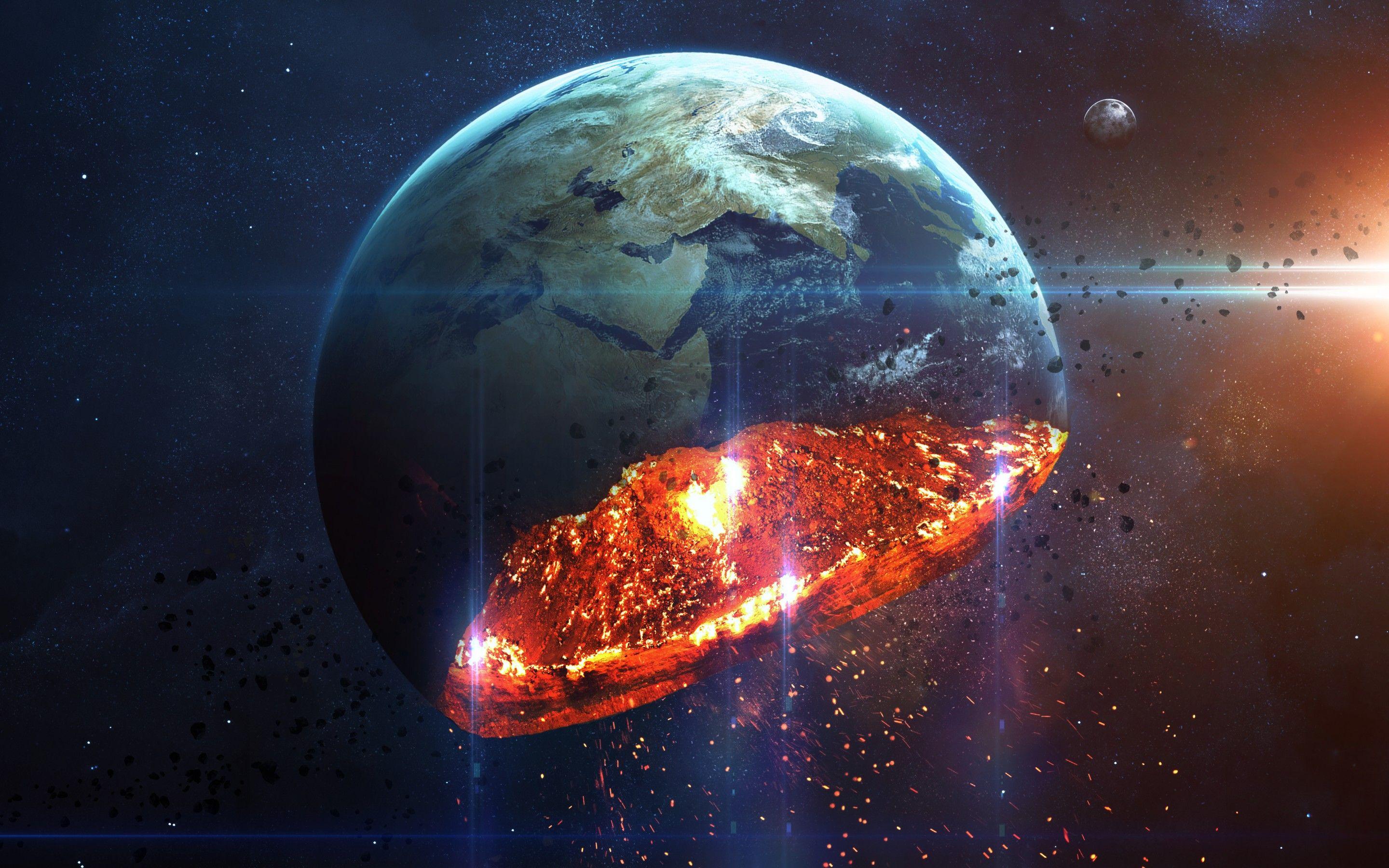The concept of "world exploding" captures the imagination and raises numerous questions about the nature of our universe. This term can refer to various catastrophic events, from natural disasters to cosmic phenomena, that dramatically alter the state of our world. Understanding these events is not just an academic exercise; it has real-world implications for safety, preparedness, and global policy. In this article, we will explore the different dimensions of world exploding phenomena, the science behind them, and their potential consequences for humanity.
As we delve into this topic, we will touch upon the various causes of world exploding events, including both natural and human-induced factors. Each of these events can have far-reaching effects, influencing everything from climate patterns to global economies. Additionally, we will discuss the role of technology and science in predicting and mitigating these disasters, highlighting the importance of preparedness in safeguarding lives and property.
By the end of this comprehensive exploration, readers will gain a deeper understanding of the complexities surrounding world exploding events and the critical importance of addressing these challenges proactively. Join us as we embark on this insightful journey into the heart of world exploding phenomena.
Table of Contents
- 1. Definition of World Exploding Phenomena
- 2. Types of World Exploding Events
- 3. Causes of World Exploding Events
- 4. Effects of World Exploding Events
- 5. Prevention and Preparedness
- 6. Case Studies of Significant Events
- 7. The Future of World Exploding Events
- 8. Conclusion
1. Definition of World Exploding Phenomena
The term "world exploding" refers to a variety of catastrophic events that can lead to significant destruction or alteration of life on Earth. This could include anything from nuclear explosions to volcanic eruptions and asteroid impacts. These events share a common characteristic: they result in sudden and often devastating changes to the environment and human existence.
2. Types of World Exploding Events
World exploding events can be categorized into several types based on their origins and effects. Understanding these categories is crucial for developing effective responses and preparedness strategies.
2.1 Natural Disasters
Natural disasters are perhaps the most commonly recognized world exploding events. They occur due to natural processes of the Earth and can take many forms, including:
- Earthquakes
- Volcanic eruptions
- Tsunamis
- Wildfires
2.2 Cosmic Events
Cosmic events are phenomena that originate outside of Earth but can have catastrophic effects on our planet. Examples include:
- Asteroid impacts
- Gamma-ray bursts
- Solar flares
2.3 Human-Induced Explosions
Human activities can also lead to world exploding events, often with dire consequences. These include:
- Nuclear explosions
- Chemical plant explosions
- Industrial accidents
3. Causes of World Exploding Events
Understanding the causes behind these events is essential for prevention and mitigation efforts. Some common causes include:
- Geological processes (e.g., tectonic plate movements)
- Climate change (increasing the frequency of certain natural disasters)
- Human negligence (leading to industrial accidents)
4. Effects of World Exploding Events
The effects of world exploding events are profound and can vary widely based on the type and scale of the event. Key impacts include:
- Loss of life and injuries
- Destruction of infrastructure
- Economic consequences (e.g., loss of jobs, decreased productivity)
- Environmental degradation
5. Prevention and Preparedness
Preparation is key to minimizing the impacts of world exploding events. This includes:
- Investing in early warning systems
- Implementing building codes and land use planning
- Public education and emergency response training
6. Case Studies of Significant Events
Examining past events can provide valuable insights into the causes and consequences of world exploding phenomena. Notable case studies include:
- The Mount St. Helens eruption (1980)
- The Chernobyl disaster (1986)
- The impact of the asteroid that led to the extinction of the dinosaurs (66 million years ago)
7. The Future of World Exploding Events
As our understanding of these phenomena improves, so does our ability to predict and respond to them. Future advancements may include:
- Improved modeling techniques for disaster prediction
- Enhanced international cooperation for disaster response
8. Conclusion
World exploding events pose significant risks to humanity and the planet. By understanding their causes, effects, and prevention strategies, we can better prepare for the challenges they present. We encourage readers to stay informed, engage in community preparedness initiatives, and advocate for policies that enhance our resilience against such catastrophic events.
We invite you to leave your thoughts in the comments below, share this article with others, and explore more content on our site to stay informed about critical global issues.
Thank you for reading, and we hope to see you back here for more engaging content in the future!




